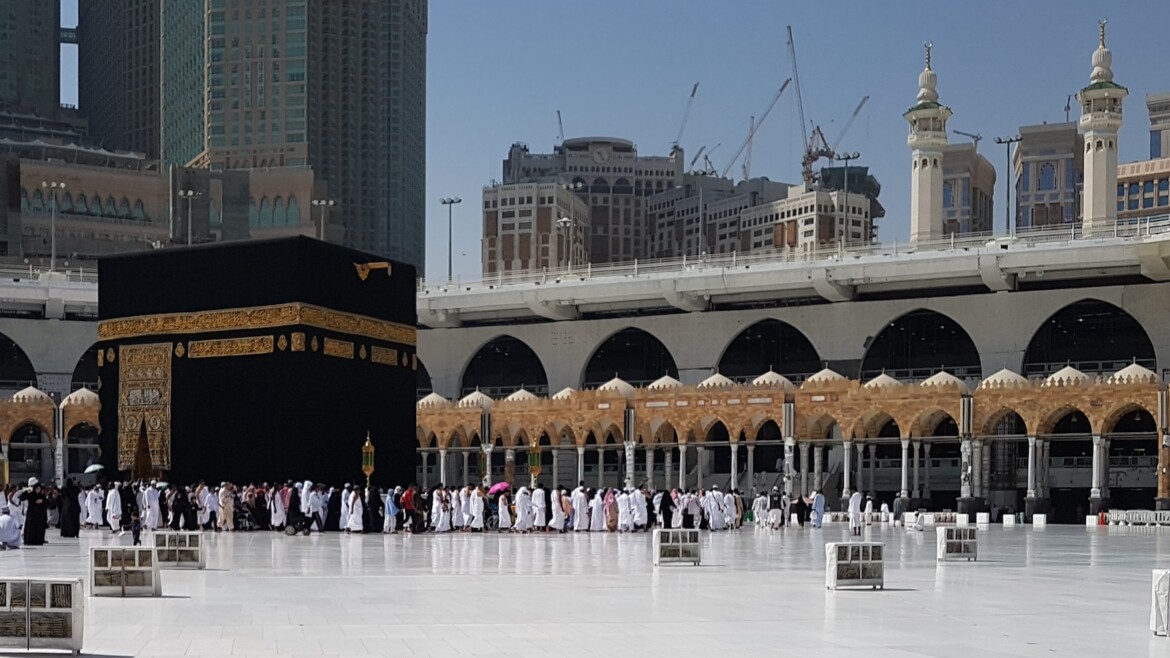Islamic events hold immense significance in the lives of millions of Muslims worldwide. These occasions provide opportunities for believers to strengthen their faith, foster unity within the community, and celebrate the rich cultural heritage of Islam. In this blog post, we will delve into some of the most important Islamic events celebrated throughout the year, highlighting their spiritual, social, and cultural significance.
- Ramadan – The Month of Fasting: Ramadan is a holy month of fasting observed by Muslims worldwide. It is a time of intense spiritual reflection, self-discipline, and increased devotion to Allah. During this month, Muslims abstain from food, drink, and other physical needs from dawn till dusk. The evenings are marked by communal prayers and breaking the fast together as families and communities. Ramadan encourages acts of charity, selflessness, and deepening one’s connection with the Qur’an.
- Eid al-Fitr – Celebration of Breaking the Fast: Eid al-Fitr, also known as the “Festival of Breaking the Fast,” is celebrated at the end of Ramadan. It is a joyous occasion that marks the completion of a month of fasting and spiritual growth. Muslims gather in mosques for special prayers and then indulge in festive meals, exchange gifts, and extend greetings to one another. It is also customary to give Zakat al-Fitr, a form of charity, before the morning prayers of Eid.
- Hajj – The Pilgrimage to Mecca: Hajj is an annual pilgrimage to the holy city of Mecca in Saudi Arabia, obligatory for every able-bodied and financially capable Muslim. It is considered one of the Five Pillars of Islam and holds great significance. Pilgrims from around the world come together to perform rituals that commemorate the life and trials of Prophet Ibrahim (Abraham) and his family. The climax of Hajj is the standing on the plain of Arafat, symbolizing the Day of Judgment.
- Eid al-Adha – Feast of Sacrifice: Eid al-Adha, also known as the “Festival of Sacrifice,” is celebrated to honor the willingness of Prophet Ibrahim to sacrifice his son as an act of obedience to God. Muslims commemorate this event by sacrificing an animal, usually a sheep, goat, or cow, and distributing the meat to family, friends, and those in need. The occasion highlights the values of charity, generosity, and gratitude.
- Islamic New Year – Hijri: The Islamic New Year, also known as Hijri, marks the beginning of the Islamic lunar calendar. It is an occasion for reflection and renewal of intentions to live a righteous life. Muslims take this time to remember the migration of Prophet Muhammad from Mecca to Medina, known as the Hijra. The day is observed with prayers, supplications, and recalling the significance of emigration for the sake of preserving faith.
- Ashura is an important Islamic event observed by both Sunni and Shia Muslims. It commemorates significant historical events and holds deep religious and cultural significance within the Islamic community. In this blog post, we will explore the significance of Ashura, its historical background, and how it is observed by Muslims around the world.
- Mawlid al-Nabi – The Birth of the Prophet Muhammad: Mawlid al-Nabi is celebrated to honor the birth of Prophet Muhammad, the last messenger of Islam. It is a time for Muslims to express their love and reverence for the Prophet’s teachings and his exemplary life. The celebrations vary across cultures and regions, including recitations of poetry, narrations of the Prophet’s life, and acts of charity.

